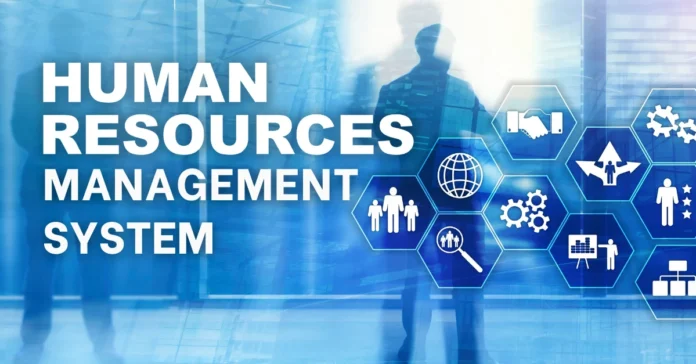In today’s fast-paced and digital-driven workplace, employee experience has become a key focus for organizations aiming to attract, retain, and engage top talent. A Human Resource Management System (HRMS) plays a critical role in shaping that experience, ensuring a seamless and enriching journey for employees from onboarding to career development. Here’s how HRMS contributes to enhancing the overall employee experience
1. Streamlined Onboarding for a Seamless Start
The employee experience begins the moment a new hire joins your organization. A robust HRMS helps streamline the onboarding process by automating paperwork, training schedules, and introductions to company policies. With a centralized system, new employees can easily access resources, complete essential tasks, and feel welcomed from day one. This streamlined approach not only saves time but also ensures that new hires have a smooth transition into their roles, setting the tone for a positive and productive work experience.
2. Empowering Employees with Self-Service Portals
One of the most significant advantages of an HRMS is the empowerment it offers employees through self-service portals. Instead of relying on HR teams for routine requests like updating personal information, managing benefits, or checking leave balances, employees can do it all independently through the platform. This not only reduces the administrative burden on HR but also gives employees greater control over their data, resulting in higher satisfaction and a more efficient, autonomous work environment.
3. Continuous Feedback for Growth and Development
An HRMS enables continuous performance tracking, offering real-time feedback and assessments that help employees grow. By integrating performance reviews, goal-setting features, and feedback loops, HRMS platforms create a transparent, consistent process for monitoring progress and identifying areas for development. This regular feedback fosters a culture of improvement, empowering employees to take ownership of their growth and feel more engaged in their work, ultimately contributing to their overall job satisfaction.
4. Personalized Learning and Career Development
In today’s fast-evolving business world, continuous learning is key to an engaged workforce. HRMS systems often include integrated Learning Management Systems (LMS), allowing employees to access personalized development opportunities based on their skills, roles, and career aspirations. With on-demand courses, certifications, and progress tracking, employees can shape their own learning journey, enhancing their skills and preparing for future career advancement. This emphasis on development not only helps employees grow but also shows that the organization is invested in their long-term success.
5. Real-Time Analytics to Improve Employee Experience
Data-driven insights are at the core of HRMS platforms, providing HR teams with valuable analytics on employee engagement, satisfaction, and retention trends. By leveraging this data, organizations can identify patterns, address potential concerns, and implement initiatives that directly enhance the employee experience. Whether it’s identifying areas where employees are disengaged or highlighting top performers, HRMS allows organizations to make proactive, informed decisions that contribute to a happier, more engaged workforce.
6. Recognizing and Rewarding Employees
Employee recognition plays a critical role in shaping a positive workplace culture. Many HRMS platforms include features that allow managers and peers to recognize accomplishments, whether through shout-outs, badges, or rewards. These systems often integrate with performance metrics to highlight exceptional contributions and align rewards with business objectives. This not only makes employees feel valued but also motivates them to continue performing at their best, fostering a sense of pride and commitment to the organization.
Conclusion
HRMS systems are no longer just tools for managing HR tasks—they are vital components in creating a positive employee experience. By leveraging technology to automate processes, enhance communication, provide real-time feedback, and offer development opportunities, HRMS helps organizations build a workplace culture that supports engagement, growth, and well-being, leading to improved employee satisfaction and retention.
#EmployeeExperience #HRMS #HumanResources #HRTech #EmployeeEngagement #WorkplaceCulture #DigitalTransformation #TalentManagement

